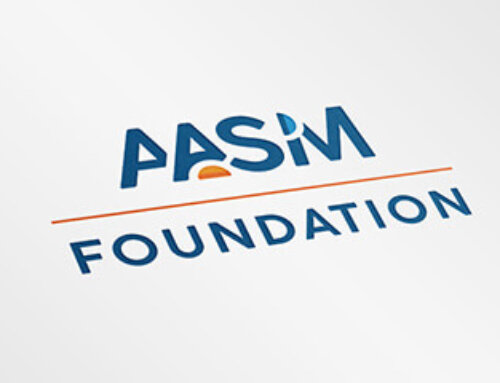EMBARGOED FOR RELEASE: June 10, 2009, at 12:01 a.m.
CONTACT:
Kelly Wagner
(708) 492-0930, ext. 9331
WESTCHESTER, Ill. – Contrary to popular belief, the timing of sleep in new mothers is preserved after giving birth, according to a research abstract that will be presented on Wednesday, June 10, at SLEEP 2009, the 23rd Annual Meeting of the Associated Professional Sleep Societies.
Researchers state that while postpartum mothers did experience sleep disruption and daytime consequences, their sleep/wake times remained aligned with self-reported preferred sleep/wake times. The exception was mothers with multiple children; these women’s actual awakening times were earlier than desired.
The study, authored by Megan Clegg-Kraynok, M.S., and Hawley Montgomery-Downs, PhD, of West Virginia University in Morgantown, W. Va., involved 24 women with an average age of 30.5 years and average yearly income of $65,808. Of the participants, 92 percent were white, 96 percent were married/cohabitating, 50 percent were first-time mothers and 67 percent were breastfeeding.
According to Montgomery-Downs, postpartum moms may not suffer sleep deprivation at all. Findings of the study support the hypothesis that the exhaustion new moms experience is likely due to sleep fragmentation, rather than not sleeping enough or sleeping at the wrong times.
“We found that although our participants are quite fatigued, and their sleep at night is highly interrupted, first-time mothers of newborns go to sleep at night and awaken in the morning at the times they report are their preferred sleep and wake times,” said Clegg-Kraynok. “Mothers of newborns who have other children also fell asleep at their preferred time but awoke for the day earlier than their preferred time. We expect this is because they are awakened by the older child.”
It is recommended that adults need between seven and eight hours of sleep per night in order to be fully rested.
According to the American Academy of Sleep Medicine (AASM), there are many obstacles that make obtaining a good night’s sleep difficult for women.
Visit the AASM’s public education Web site, Sleepeducation.com, to learn more about how sleep affects women at http://www.sleepeducation.com/Topic.aspx?id=67.
The annual SLEEP meeting brings together an international body of 6,000 leading researchers and clinicians in the field of sleep medicine to present and discuss new findings and medical developments related to sleep and sleep disorders.
More than 1,300 research abstracts will be presented at the SLEEP meeting, a joint venture of the AASM and the Sleep Research Society. The three-and-a-half-day scientific meeting will bring to light new findings that enhance the understanding of the processes of sleep and aid the diagnosis and treatment of sleep disorders such as insomnia, narcolepsy and sleep apnea.
Abstract Title: Postpartum sleep: the ideal sleep schedule?
Presentation Date: Wednesday, June 10
Category: Circadian Rhythms
Abstract ID: 0143
###




